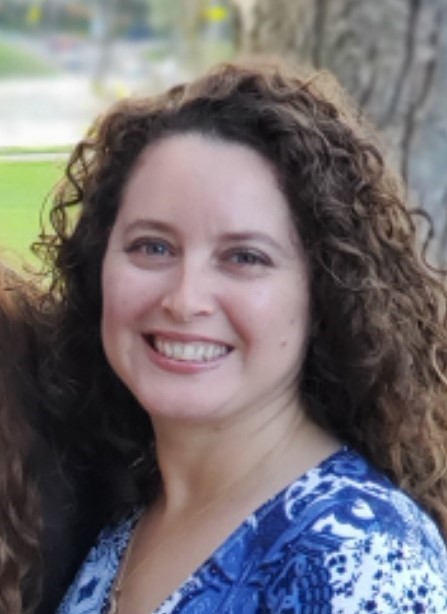
Resources
Exhibitor Application
Summit Agenda
Education Program
Leadership Awards
Exhibitor/Sponsor Profiles
Exhibitor/Sponsor Options
Summit Floorplan
Summit Newsletter
Advisory Board
Registration Details
Media Materials
Parking, Directions & Hotels
Reusables in the Cafeteria: A School District’s Journey to Zero Waste
Room: 207
Time: 10:00am – 11:00am
This session will delve into the realities of a school district level change to reusable food ware in the cafeterias and the many positive impacts on waste, the environment and overall nutrition that moving to reusable food ware has done for the Fremont Unified School District. The Center for Environmental Health will explain the upmost importance switching to reusable food ware has on our student’s health and the potential waste and cost reductions associated with transitioning from disposables to reusables. FUSD will share their challenges and triumphs with the reusables food ware pilot program at 10 of their elementary schools. The Nutrition Policy Institute will present the plate waste data collected to describe impacts on student participation, nutrition and waste associated with the transition to reusables in comparison to disposable food ware.
Switching to reusable food ware is becoming a popular topic for its solution for waste reduction and greater health benefits. But it can also be a daunting task. Hearing how a large school district made the switch and all that it entails may help show how it’s possible. From district planning and partnership connections to funding sources and implementation, our session will give a case study style overview of the process. Our panel consists of not only the school district recycling coordinator, but one of the key partners from the Center for Environmental Health and a project policy analyst from the Nutrition Policy Institute. Being able to ask questions to this panel can provide a wealth of knowledge in determining best practices for your own school.
Learning Objectives:
1) Ability to explain the health benefits of reusable food ware as opposed to disposable food ware.
2) Tools needed to navigate district challenges in establishing a reusables program
3) Identify potential waste and cost savings associated with switching to reusable food ware at school sites.
4) Key data points regarding the positive impacts a reusables program has on student nutrition, participation, waste reduction and campus culture.
Speakers:
Stephanie Willits, Recycling Coordinator, Fremont Unified School District
Ben Schleifer, EDC Food Program Coordinator, Center for Environmental Health
Celeste Felix, Project Policy Analyst, Nutrition Policy Institute

Stephanie Willits is the Recycling Coordinator for the Fremont Unified School District of California. She has been with the district for nine years managing their solid waste and sustainability programs. Her unique role is in direct partnership with the City of Fremont and allows for collaboration on various sustainability programs across the district departments that benefit the city’s Climate Action Plan goals. She is also a participant on the district’s Wellness Committee, CLEEN (Climate Literacy and Environmental Education Network) and the Garden Network. Previously, she was the Recycling Coordinator for Republic Services of Alameda County for eight years managing the commercial organics, multi-family and FUSD programs. She is a UC Santa Cruz alumna with a bachelor’s in environmental studies. Her love for the environment and all things sustainable stems from her childhood memories collecting bottles and cans with her grandparents to recycle at the Tri-Ced Community Recycling Center in Union City, California.
As a Green and Clean Purchasing Coordinator with CEH, Ben has hands-on experience working with the entire school community (students, teachers, custodians, administrators, active parents) to convert school cafeterias from single-use plastic and toxic laden compostables to safer reusables. He plans and conducts waste audit and foodware assessments with students, analyzes the cost benefits for the transitions and develops key resources for school and other organization to make the switch and make sure it is long lasting. He uses his graduate degree in Neuroscience to understand how toxic chemicals can affect the brain of youth, but also how to influence the people he works with to change their behavior to a safer and more sustainable lifestyle.


Celeste Felix has been employed at the Nutrition Policy Institute for three years. During this time, she has applied her knowledge in Master of Public Health Nutrition to various studies that concentrate on federally funded food programs for young children and their families in the U.S., including the Supplemental Nutrition Assistance Program and the National School Lunch Program.
